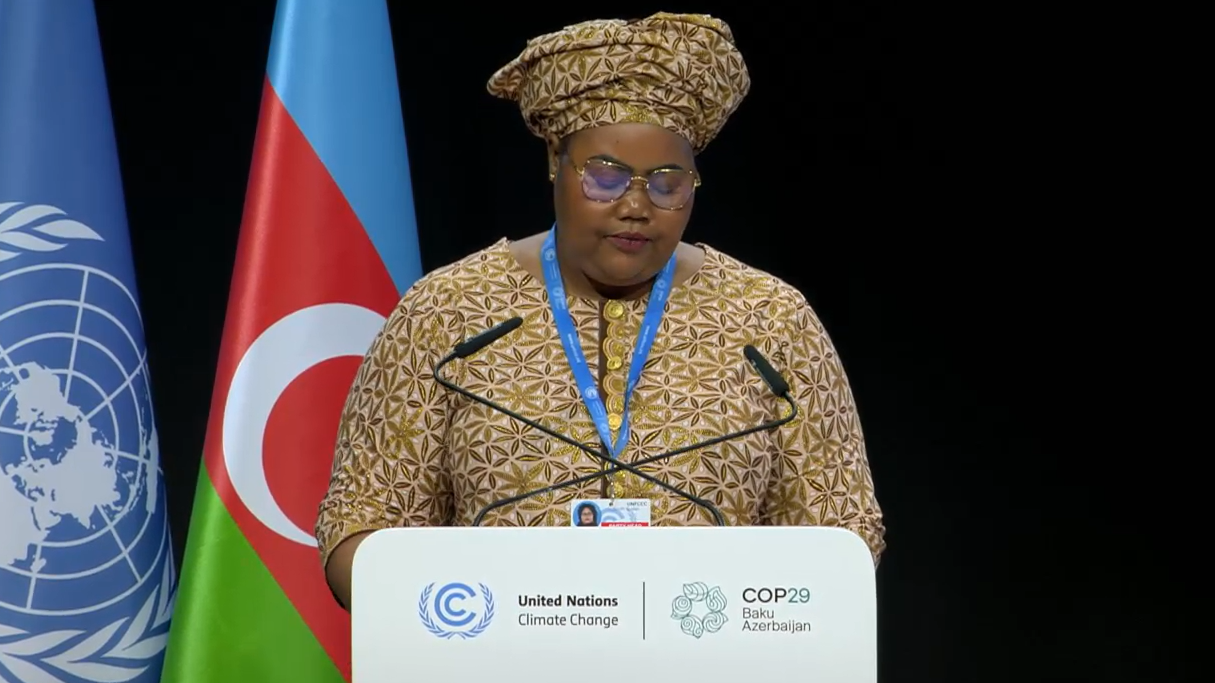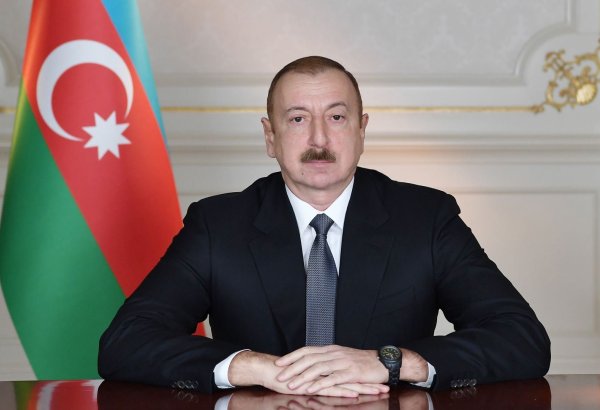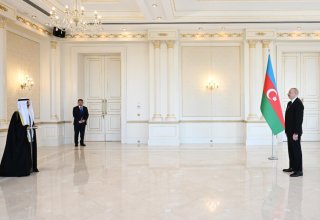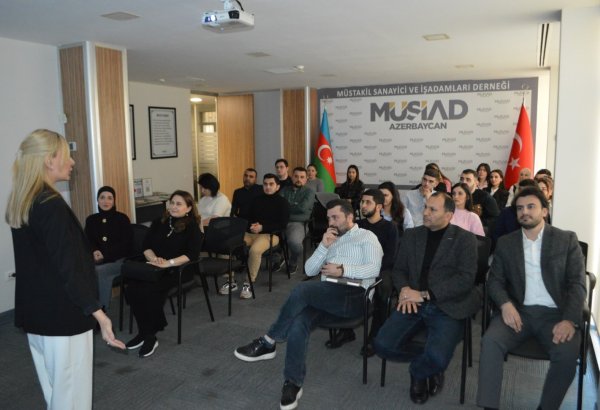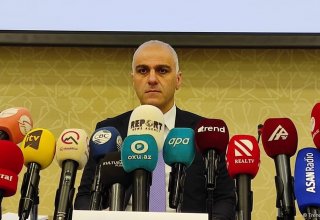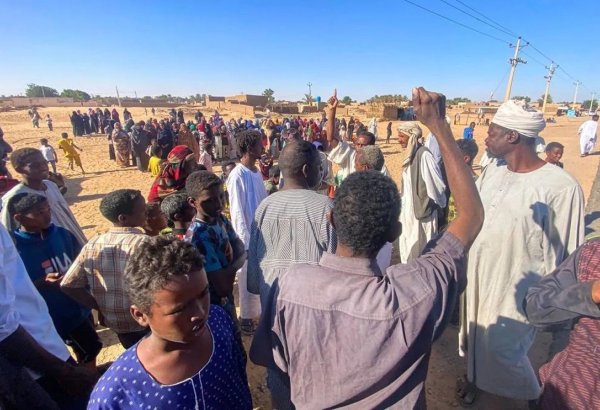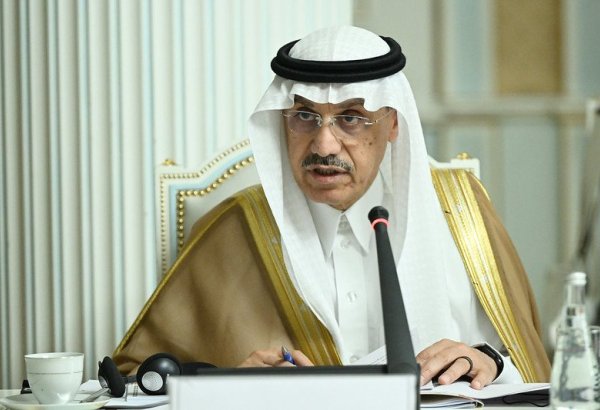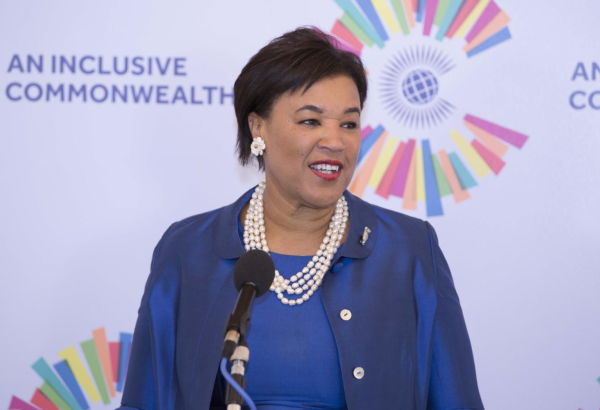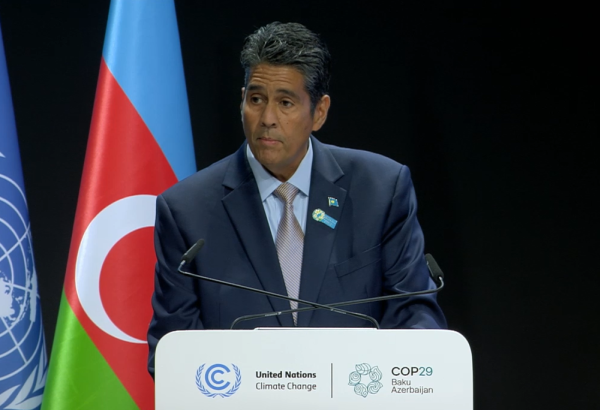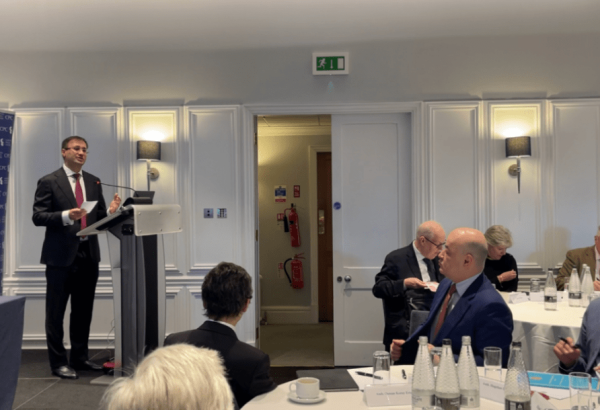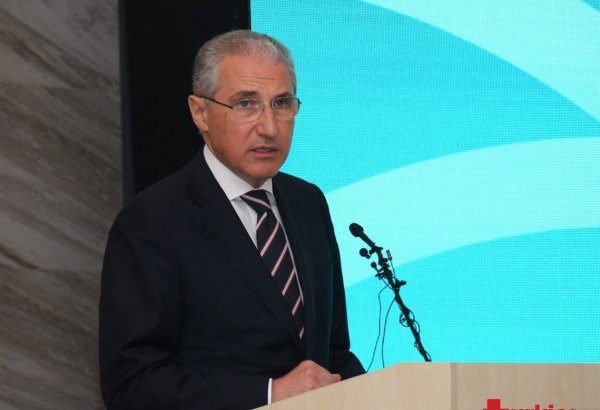BAKU, Azerbaijan, November 19. South Sudan calls for the urgent establishment of the new collective quantified goal (NCQG) for climate finance, said the country's Minister of Environment and Forestry, Josephine Napwon Cosmos Ngoya as she addressed the COP29 summit, TurkicWorld reports.
Speaking on behalf of a nation grappling with the severe impacts of climate change, Minister Ngoya outlined the devastating effects that have ravaged her country, including droughts, extreme heat, erratic rainfall patterns, and crop failures, all of which have left over 60% of South Sudan's population food insecure.
"Over 3 million people have been affected by climate-related disasters, resulting in internal displacement and loss of livelihoods," Minister Ngoya stated, emphasizing the critical need for international support. She called for the urgent establishment of the new collective quantified goal (NCQG) for climate finance, urging COP29 to ensure that the quantum of financing be raised to trillions of dollars. Furthermore, she called for a simplification of the modalities for accessing this funding, highlighting the importance of streamlining processes to ensure that the most vulnerable countries like South Sudan can access the resources they need to cope with climate impacts.
A major concern for Minister Ngoya was the issue of loss and damage, where she stressed the need for swift operationalization of the funding mechanisms that would allow affected nations to be compensated for the devastation caused by climate change. "The sustainable capitalization and operationalization of the fund must be expedited to ensure our affected populations receive the support they need," she emphasized.
Minister Ngoya also addressed the emission gap, acknowledging the challenges in meeting global targets to reduce greenhouse gas emissions. "We are falling behind, and the current path will lead us to a 3.5°C rise in global temperatures," she warned, urging developed countries and major emitters to raise their ambitions and drastically cut emissions. "To keep the 1.5°C goal alive, urgent and decisive action is needed."
South Sudan's rich natural resources, including the largest wetland in Africa and over 30% forest cover, were highlighted as crucial assets in climate mitigation. Minister Ngoya called for an expedited resolution of Article 6 negotiations, which would allow South Sudan to engage in carbon trading and use the proceeds for climate adaptation and mitigation projects. "South Sudan’s carbon sequestration capacity is vital in the fight against climate change. We must conclude these negotiations amicably at this COP," she said.
Finally, Minister Ngoya emphasized the importance of nature-based solutions, urging global leaders to change their approach to environmental protection. "We must protect, sustainably manage, and restore degraded ecosystems that are the foundation of our food, water, energy, wealth, and livelihoods," she concluded.








